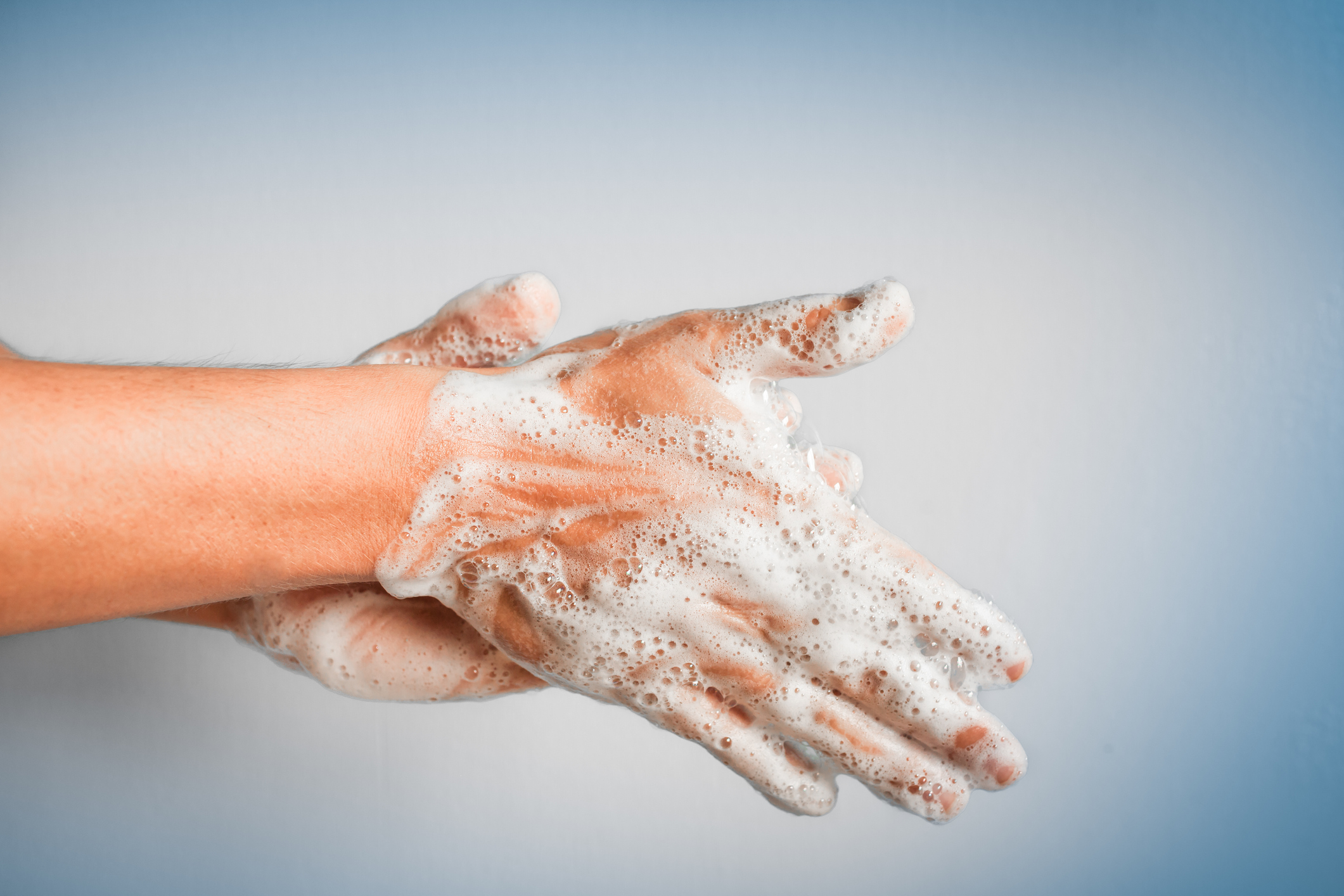An expat's guide to the UAE

An expat's guide to the UAE
The United Arab Emirates (UAE) has become a hugely a popular destination for expats over recent years, particularly with those from Western nations. In fact, with a population of 9 million, natives are outnumbered by nine-to-one in their own country, highlighting how important foreign workers are to the region.
Ahead of your move
When applying for a UAE residency visa, expats must to undergo a health and fitness check carried out at a government facility. The health check involves a physical examination and tests for HIV, tuberculosis and leprosy. Depending on the type of work you are undertaking, you may also be tested for hepatitis B, syphilis and pregnancy.
Those moving to the UAE should see a doctor six to eight weeks before their departure and ensure that they are up to date with the following vaccinations:
- Measles-mumps-rubella (MMR)
- Diphtheria-tetanus-pertussis
- Varicella (chickenpox)
- Polio
- Influenza
- Hepatitis A
- Hepatitis B
- Typhoid fever
Private healthcare
The UAE has both a government-funded health system and a developing private health sector, which are both well-equipped and of a high standard. Medical consultation and treatment in public facilities is free for UAE nationals and expats with a health card receive a 50% discount. To apply for a health card, expats can visit the Ministry of Health e-Services website.
This said, health care in the UAE is very expensive, meaning the majority of expats have private health insurance, which is usually purchased through their employers. Integra Global offers an international health plan through Dubai Insurance Company called AccessHealth. For more information, see the AccessHealth website.
Medication and dental services
In contrast, medication is cheaper in the UAE than in Europe and the US. Drugs are mostly imported by foreign multinational pharmaceutical companies, meaning the majority of prescriptions from your home country will be available in the UAE. However, please bear in mind that the UAE has strict anti-narcotic laws and these might prohibit certain drugs.
Dental services are generally privately run in the UAE. In Abu Dhabi, access to dental health care is included in the Compulsory Health Insurance scheme. However, if you plan on living in one of the other emirates, you should make sure dental coverage is included in your insurance plan.
Those moving to the UAE should note that health care is subject to reform in the coming years. For the most up-to-date information, you should check the health website for your emirate:
Ministry of Health for Emirates (www.moh.gov.ae/en)
Dubai (www.dha.gov.ae/EN)
Abu Dhabi (www.seha.ae/seha/en)





